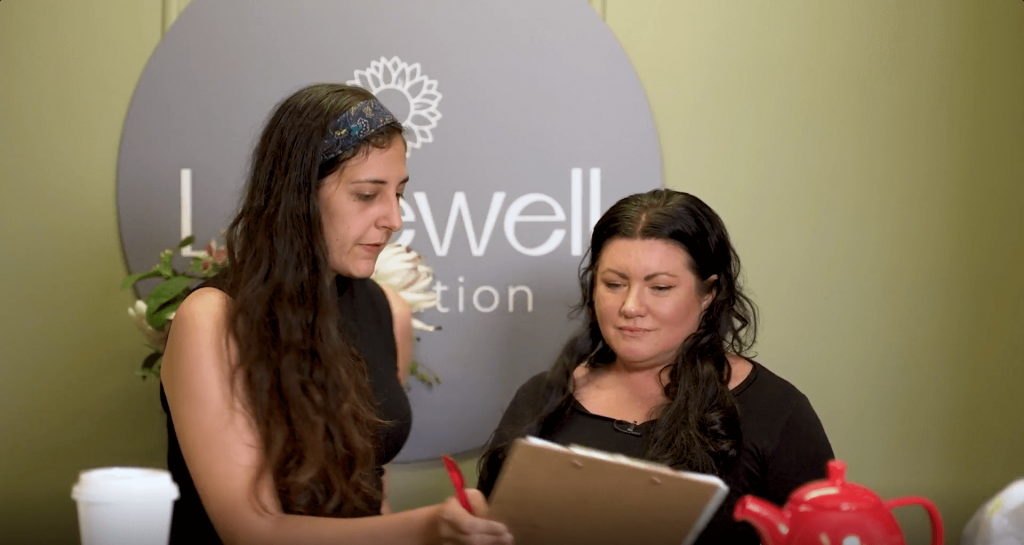We’re often asked about wellbeing and resilience. Here’s the thing, resilience isn’t a trait you’re born with. It’s a skill you can learn.
What is resilience?
Resilience is the ability to cope with stress and thrive in the face of unexpected challenges.
Why build a resilient team?
A resilient workforce offers many benefits. It creates motivated individuals who handle change with ease and are less prone to burnout.
Plus, a mentally healthy team is more engaged, creative and loyal, which means higher productivity and lower turnover.
Benefits of a resilient workplace
When employees feel supported and resilient, their productivity naturally goes up, benefiting the entire organisation.
Some key benefits include:
- Motivation and adaptability: Resilient employees adapt to change and stay motivated, even during tough times.
- Reduced burnout: Resilient employees are less likely to experience burnout, leading to fewer sick days and more consistent workflow.
- Enhanced creativity and loyalty: Mentally healthy teams bring their best ideas to the table and stay committed to their work and organisation.
How to foster resilience in your team
Here are four strategies you can start using right away:
1. Provide training and resources
Offer workshops and resources that focus on building resilience skills.
- Workshops: Host resilience-building workshops where employees can learn and practice coping strategies.
- Online resources: Provide access to online courses and resources on stress management, resilience and mindfulness.
- Skill development: Invest in training and development programs to help employees advance their careers.
2. Encourage open communication
Create a safe space for employees to share their challenges and seek support.
- Regular check-ins: Schedule regular one-on-one check-ins to discuss any issues or concerns.
- Support groups: Form support groups where employees can share experiences and solutions.
- Mentorship programs: Create mentorship programs to guide employees and provide support.
3. Promote work-life balance
Encourage practices that help employees maintain a healthy balance between work and personal life.
- Flexible schedules: Offer flexible working hours to help employees manage their personal and professional responsibilities.
- Time off: Encourage taking regular breaks and holidays to recharge.
Health and wellness: Promote activity through walking meetings, hosting wellness challenges, company-sponsored fitness programs or gym memberships.
4. Lead by example
Show resilience and positive coping strategies in your leadership.
- Transparent communication: Share your own experiences and strategies for dealing with stress.
- Positive attitude: Maintain a positive attitude and show appreciation for your team’s effort.

Building a resilient team is essential. By investing in resilience training and fostering a supportive work environment, you can boost your team’s wellbeing and productivity.
At Mind Blank, we’re here to help you create a resilient and mentally healthy workplace. Let’s work together to build a thriving team.
For more information on our workshops and how we can help your organisation, visit Mind Blank.






